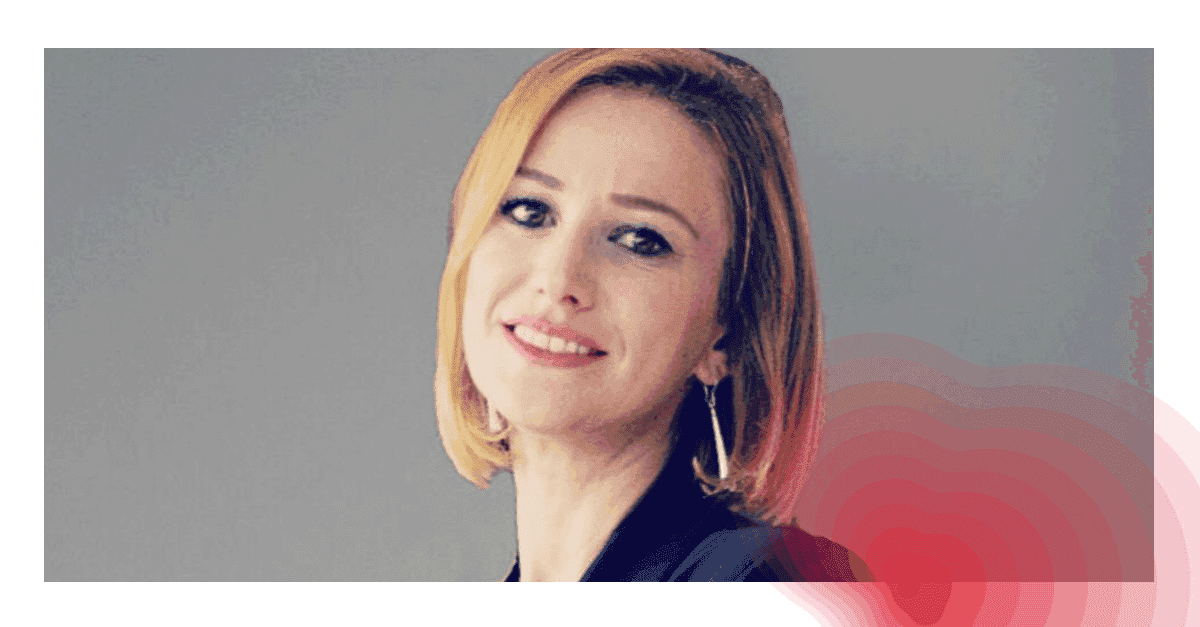Home>Assisting professionals in comprehending international relations and diplomacy

03.06.2024
Assisting professionals in comprehending international relations and diplomacy
The world is becoming less predictable and more volatile, thrusting defence issues and international relations into the spotlight. These areas now require astute and relevant responses, with diplomats playing a crucial role in addressing these challenges.
Teuta Vodo, Pedagogical Director of the Certificate in International Relations and Diplomacy tells us how the programme helps participants contextualise themselves and foster discussions on the key issues of the moment.
What is the importance of studying defense issues and international relations?
Studying defense issues and international relations is paramount in today's interconnected world. Understanding global security challenges, geopolitical dynamics, and diplomatic strategies is essential for fostering peace, stability, and cooperation among nations. By delving into these topics, professionals gain insights into complex global issues, enabling them to contribute effectively to conflict resolution, crisis management, and international cooperation. The CIRDI programme provides participants with a comprehensive overview of international relations and diplomacy practices, insights into international systems and policy-making processes, and opportunities to develop leadership and managerial skills. The programme also emphasizes strategic thinking on geopolitical governance issues.
Who’s the International Relations and Diplomacy Certificate designed for?
Aimed at diplomats, public and private sector executives, company directors, NGO representatives, and civil society professionals, the CIRDI programme is meticulously crafted for professionals from diverse backgrounds and disciplines. It caters to diplomats, executives from the public and private sectors, NGO representatives, and leaders in civil society institutions. Whether you're in business, law, healthcare, technology, or education, this programme offers valuable insights and skills applicable to a wide range of professions.
How is a typical day?
The courses, set in the heart of Paris, start at 9am to 6pm everyday with a lunch break. From morning sessions exploring foundational concepts to afternoon workshops delving into real-world scenarios, each day offers a blend of theoretical knowledge and practical applications. Networking opportunities and masterclasses with prominent figures in international relations add depth to the learning experience. Participants will also work on a capstone project, culminating in a policy recommendation presented to a jury. Successful completion of the programme will earn participants an Executive Certificate from Sciences Po Executive Education.
What is the main objective of the collective project included in the curriculum?
A core component of the curriculum is the collective project, where participants collaborate to develop a comprehensive policy recommendation. This hands-on project allows participants to apply their learning to real-world scenarios, fostering critical thinking, teamwork, and problem-solving skills. Guided by a mentor, participants delve into pressing global issues, analyze complex challenges, and propose innovative solutions. The collective project culminates in a presentation before a jury, providing participants with invaluable feedback and validation of their expertise.
In your opinion, what is the added value of this certification?
Beyond acquiring expertise in public policies and international relations, participants develop leadership abilities, enhance strategic thinking, and expand their professional networks. The certification serves as a testament to participants' commitment to excellence in their field, opening doors to new opportunities for career advancement and global impact.

